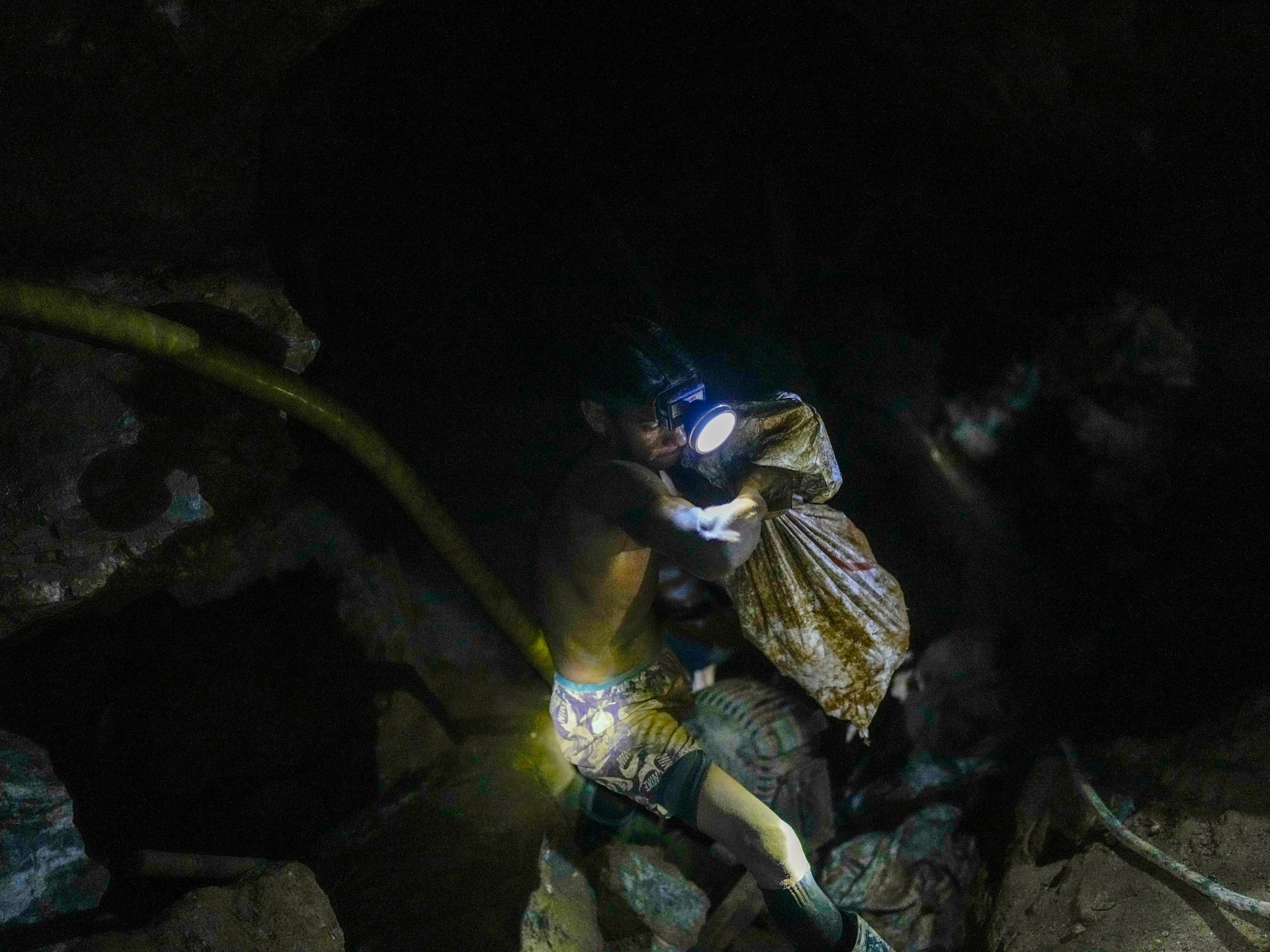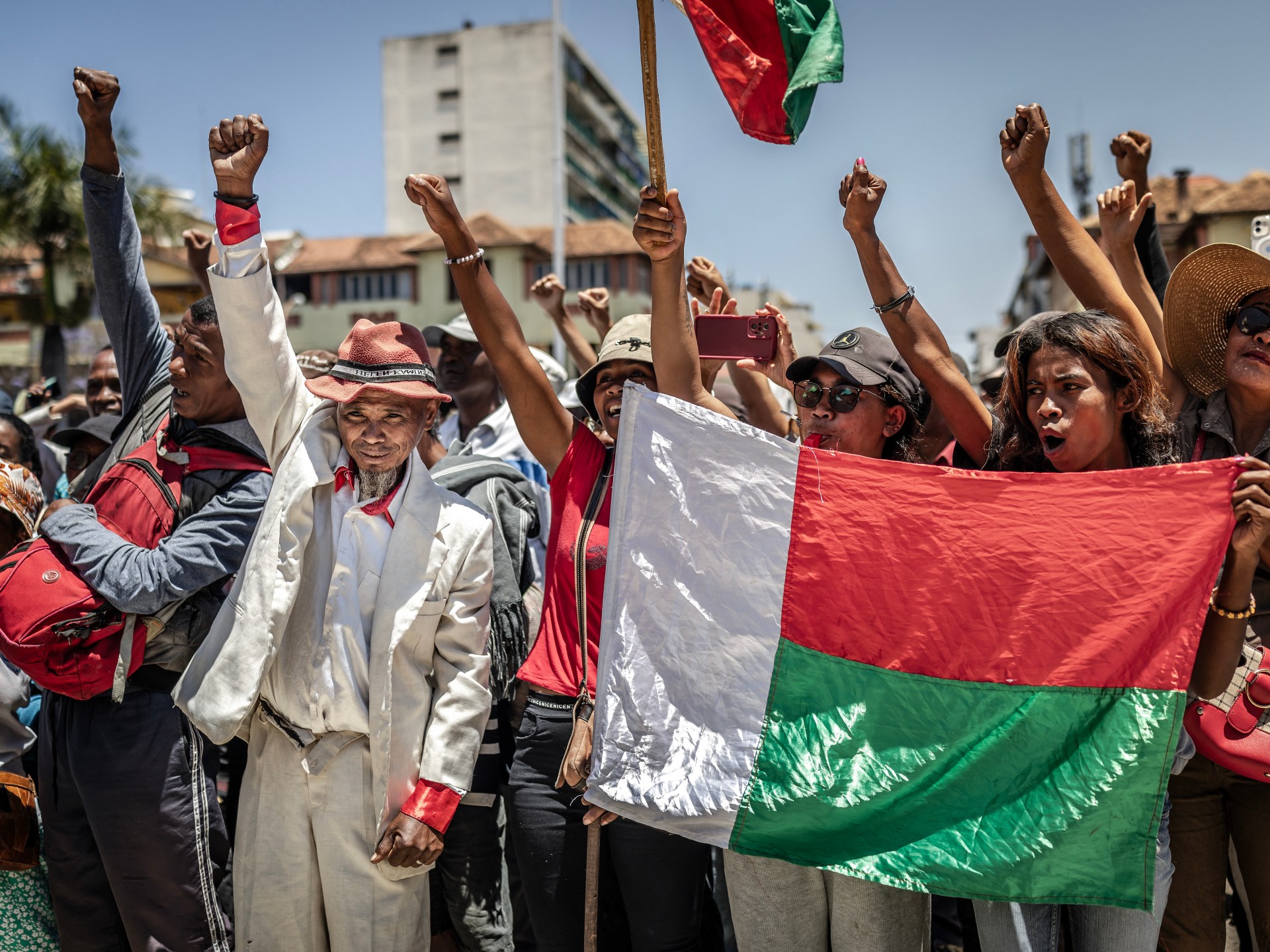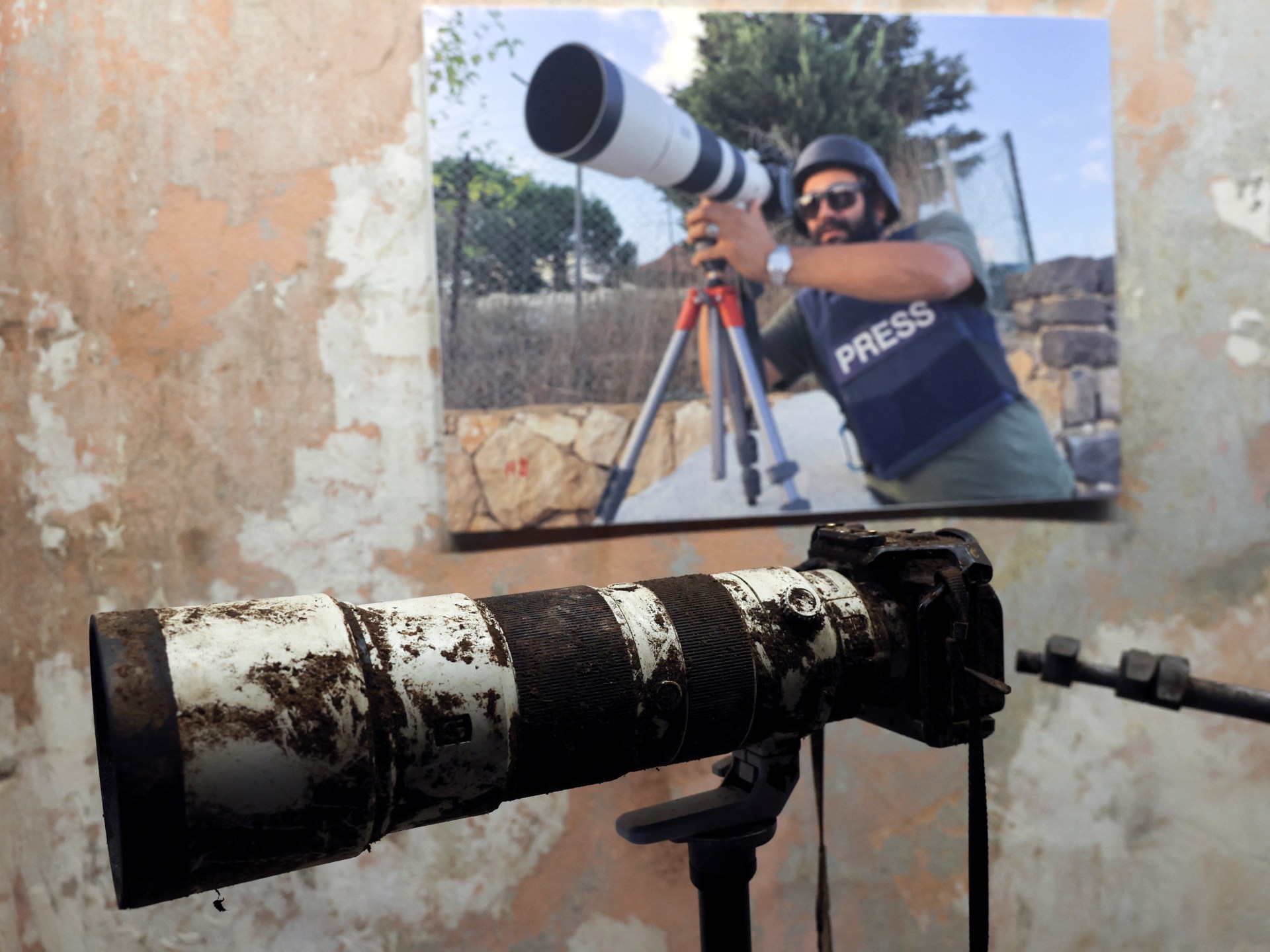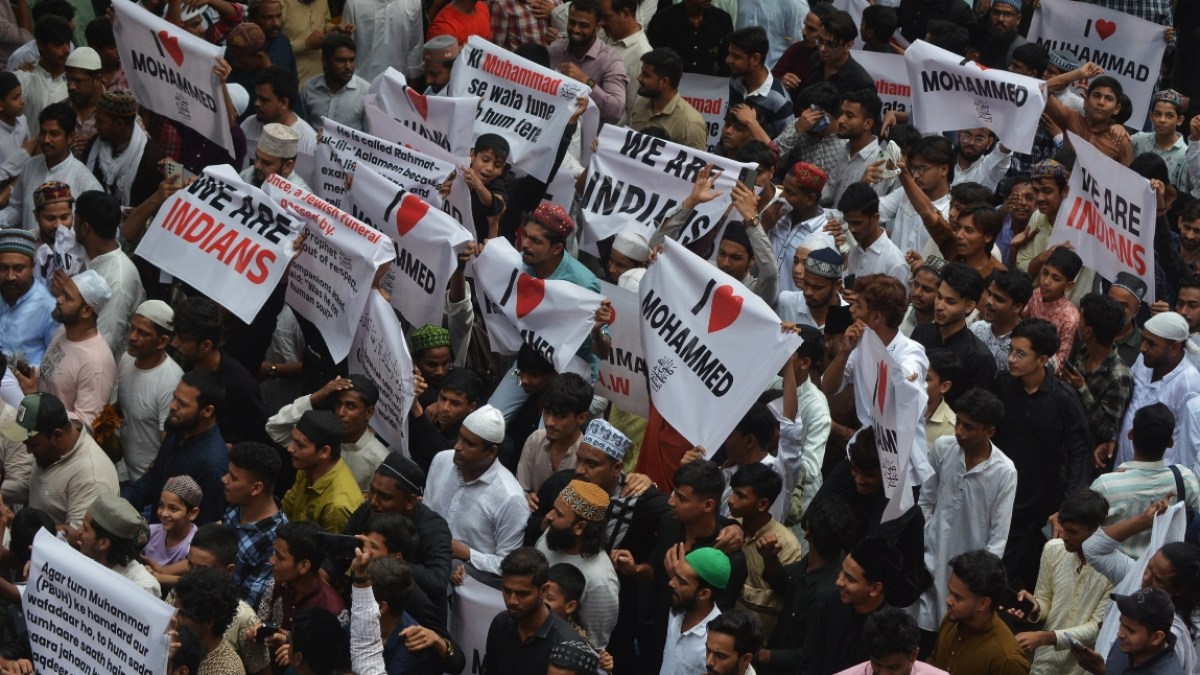Efforts are under way to recover bodies from the shafts in the south of the country, emergency officials said.
At least 14 people have died after torrential rainfall led to the collapse of a Venezuelan gold mine.
The National Risk System announced on Monday that it had launched recovery efforts at the mine in the southern El Callao municipality, with bodies found in three separate shafts.
Recommended Stories
list of 4 itemsend of list
Venezuela has deposits of copper, diamonds and other precious minerals, but unsafe working conditions are common in a poorly regulated industry.
A command post had been set up in the town of El Callao, about 850km (528 miles) southeast of the capital, Caracas, to coordinate operations, Bolivar state’s Operational Zones for Damage Assessment and Needs Analysis agency said.
The deaths occurred in three different shafts of the Cuatro Esquinas de Caratal mine, the agency said in a statement, as flooding caused the collapse of the mine’s vertical shafts.
It said two miners managed to escape unharmed from one of the shafts, which was about 100 metres (328 feet) deep.
“The first phase of the works is to pump out all the shafts in the sector to reduce the water level, and then evaluate rescue efforts”, emergency officials said in a post on social media.
The death toll is based on the testimony of the surviving miners, The Associated Press news agency reported, citing comments by local firefighters on social media.

Safety not guaranteed
El Callao has been a gold-mining hub since 1853, when the precious metal was first discovered there. Most of the city’s residents are directly or indirectly involved in the trade.
Venezuela’s mining sector is poorly regulated, with reports of unsafe working conditions and widespread exploitation.
In July 2020, the United Nations human rights chief at the time, Michelle Bachelet, accused Venezuelan authorities of failing to investigate crimes linked to the mining industry,
In a statement at the time, the Office of the UN High Commissioner for Human Rights said the industry in Venezuela operated by exploiting unskilled and sometimes barefoot workers, who were forced to “work 12-hour shifts, descending deep pits without any protection”.















Leave a Reply